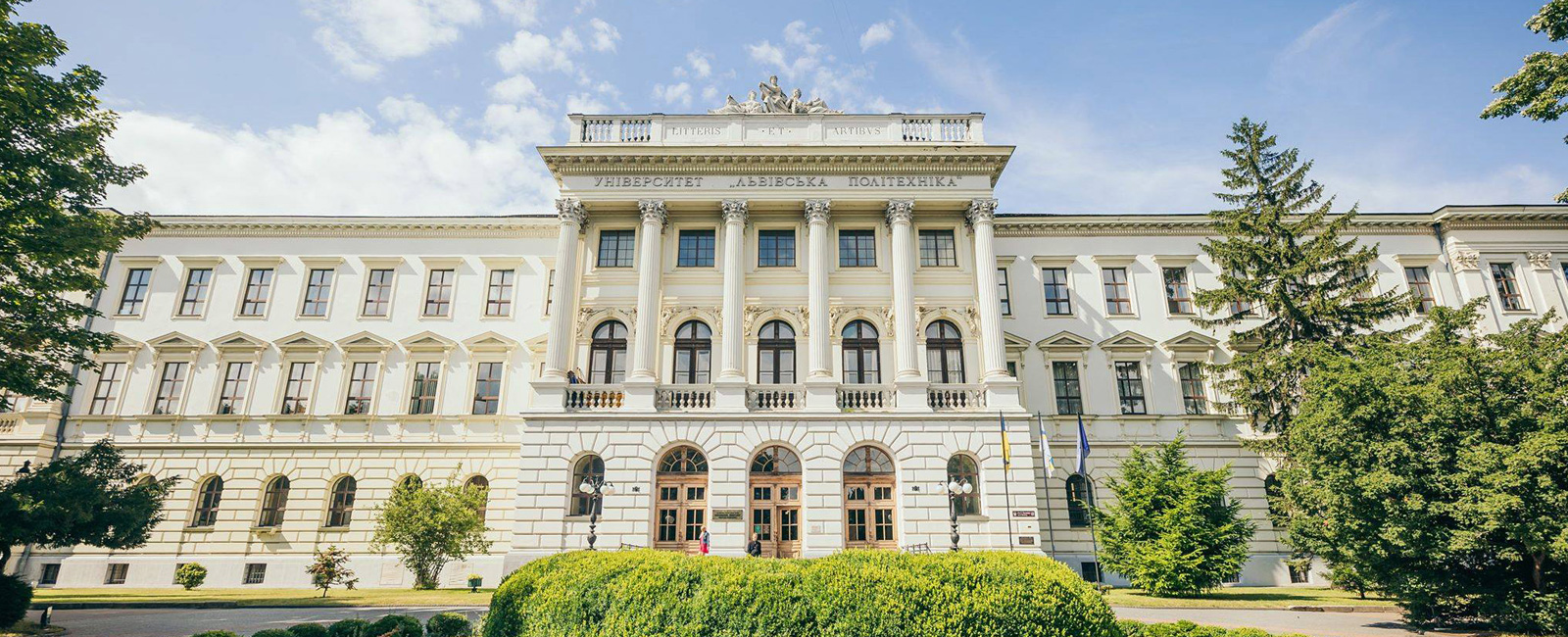Who and how was ready for war?
If we dive into history, usually the war is always won by countries in which the economy is more prepared for the challenges that arise during hostilities. During the war, in addition to planned expenses, the military expenses is added. Everything needs to be financed: to refuel tanks, buy weapons, ammunition, medicine, pay the military a decent salary, feed them. If the country’s economy is not ready for this and it runs out of money – there is a situation when it becomes impossible to continue the war successfully. It is difficult to fight without salaries, food and supplies.
At the beginning of the war, the economy of the Russian Federation was much better prepared than ours. This is due to several factors: first, they have been purposefully preparing for this war for several years. What helped them prepare? First of all, high oil prices, the growth of which we have observed in recent years: if last year it cost $ 50–60 per barrel, at the beginning of the year – almost $ 100 per barrel, and after February 24 – $ 130 per barrel. Before the war, Russia received $ 1 billion a day from oil and gas sales. By comparison, all of Ukraine’s budget expenditures for the month amounted to $ 3.5 billion (approximately $ 5 billion, including pension benefits).
But during the war the situation changed significantly. The occupiers did not expect world sanctions against them to be so severe that their Central Bank assets would be frozen and their oligarchs’ property confiscated. They were not ready for the fact that the shares of the same Sberbank, which cost about 6–7 dollars and traded in London, are no longer worth anything, that they are just paper.
So, the economic situation, both theirs and ours, has changed radically. If before the war Russia was much stronger financially than we are, now, I would say, it’s 50 to 50.
There are various assumptions about the losses of Russia’s economy, but it is impossible to say for sure, because every day there are changes, every day someone new imposes sanctions on them. And the Russians are hurting investors more with their counter-sanctions than the West has done. For example, shares of Russian companies in London fell to zero. They were removed. But there were stocks bought by Europeans and Americans. They were bought by foreign investors. What has Russia done in response to the sanctions? It banned its investors from taking money abroad and froze foreign accounts in the securities of its citizens. Now the Russians, who owned shares in American companies, can do nothing with them: neither sell nor buy. In other words, the Russian government has hit its population much harder than the Europeans did with their sanctions.
Is the Ukrainian economy adjusting to the conditions of war?
Of course, the reaction of the state authorities to the beginning of the war was adequate, correct and timely. These are, first of all, the peg of the dollar to a certain limit – 29.40, the introduction of foreign bonds, immediate contacts with foreign partners to obtain macro-assistance, ie switching to military spending priorities which we are talking about today.
After the state leadership appealed to business representatives, they began to resume the work of enterprises where possible. For example, in Western Ukraine it is possible and necessary to work, pay taxes, employ people who have been left without anything and have no means of subsistence.
There is a good decision of the Cabinet of Ministers – to transport to our region the surviving enterprises of those areas affected by the war, because we need to help business. Where there is something left to transport (technical resources) and it is possible to do so, it is necessary to transport. One of the areas of support for internally displaced persons should be the development of entrepreneurship, entrepreneurship education, assistance in starting a business and its recovery. Both Ukrainian and foreign investors will spend a lot of money on this. After all, there is already experience in transferring entrepreneurs from the occupied Crimea and Donbas.
Business owners in war-torn regions must decide for themselves what to do. If they do not see the possibility of continuing business in their regions, it is necessary to move it to the rear as soon as possible, until the occupiers have completely destroyed it. Unless the company has large equipment that cannot be removed – this is another matter.
Many people from different regions have moved to the western regions, so recruiting people will not be a problem. Therefore, it is necessary to develop a program of employment of internally displaced persons, relocation of their business, and focus on the work of the current market.
There are few industrial enterprises in Ukraine in general. In the west region they are less than in the central ones. That’s why we have to work hard. Some people from the war-torn places came to Lviv not to work, but to hide, rent a good hotel, use the recreation complexes, buy expensive products and goods. But the money of these people also goes to the state treasury, because they pay. Therefore, the economy will benefit from this.
At the same time, I do not understand entrepreneurs who closed down at the beginning of the war and still do not work. In some countries, wars have been going on for years. And in those areas where there are no hostilities, people work.
